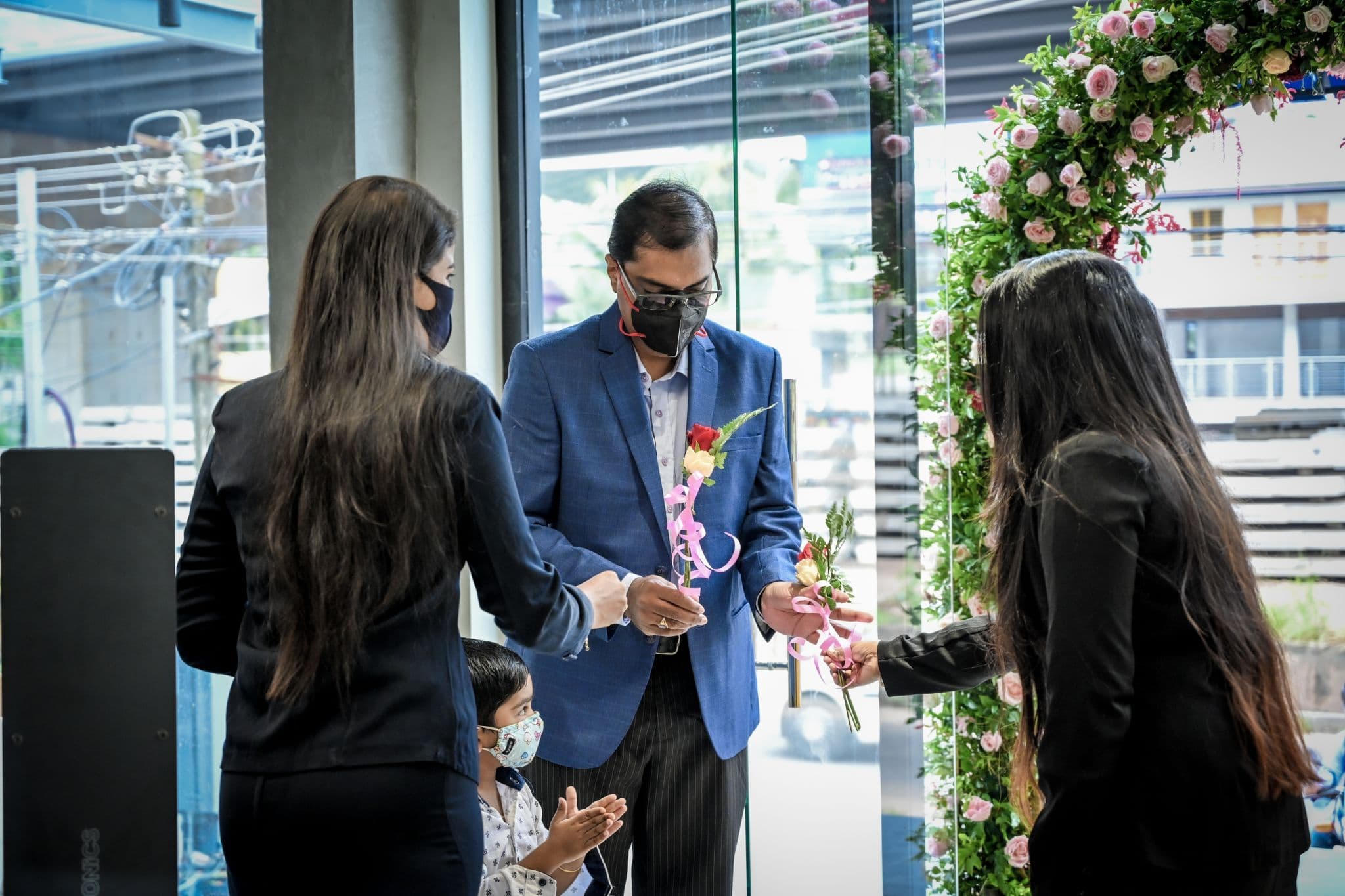
In today’s busy work environment, understanding what truly drains your team’s energy is key to leadership success. Burnout is often blamed, but sometimes the real issue is boredom, something many overlook.
Over time, I’ve learned that work can be like a tricky puzzle. We often mix things up. Sometimes we get it wrong. A person may seem tired, but they’re just bored. Or we think they don’t care when they’re feeling hurt.
What looks like burnout may really be someone who’s too comfortable and needs a fresh challenge to feel excited again. I want to tell you a personal story that changed the way I think about these situations.
Understanding What’s Really Draining Your Team
Some time ago, I noticed a change in one of my teammates. Let’s call her Maya.
She used to be full of energy, great ideas, and always did a great job. But after a few weeks, she didn’t seem as excited. She still finished her work on time, and it was okay, but the energy and creativity she once had were gone.
The first thing I thought was that Maya was burnt out. She must be tired. Maybe the deadlines were too hard, or she had too much to do. I even started thinking about giving her some time off or making her work easier.
Before doing anything, I decided to talk to her. I asked, “How do you feel about work these days?” Her answer surprised me. She wasn’t tired or stressed. She was bored.
The work she was doing was no longer exciting for her. The tasks that used to be challenging have become boring and easy. She wanted something more important that made her think and feel like she was helping.
Keeping Teams Engaged Through Real Challenges
That conversation has changed everything. Instead of giving Maya time off, I gave her an important project that mattered and needed new ideas. What happened next was amazing.
After a few days, she was full of energy again. She started taking charge, sharing smart ideas, and working on the project with excitement. The same person I thought was burnt out just needed a new challenge.
That moment taught me an important lesson about being a good leader.
Burnout can happen when people feel stuck. If work doesn’t challenge or excite them, they slowly lose interest and energy.We often hear about the need to rest and balance work with life. Taking breaks and having time for yourself is very important for staying healthy and happy. But we forget that having a real challenge at work is also very important to feel happy.
People want to get better and feel like their work is important. Without that, even the most hardworking people can lose interest.
The Hidden Cost of Playing It Safe
Complacency is a sneaky problem where people settle and lose their hunger to improve. It can stop progress before you notice. If you don’t fix it, people will only do just enough to get by. And the more you allow it, the more it spreads in the team.
The truth is, complacency happens when people don’t know what’s expected or when the expectations are too low. If no one asks them to think harder, solve problems in new ways, or take responsibility, they will only do the minimum needed.
This made me realise: Teams usually work as hard as they are asked to and made to.
If you always set high goals and give your team chances to grow, they won’t think doing the same old work is enough. They’ll understand that just getting by isn’t good enough, not because they feel forced, but because the team helps them do better.
How to Know the Difference
So, how can you tell if someone is tired from too much work, bored, or just not trying?
You ask.
Talk openly with your team. Make them feel safe to share how they feel. Often, the answer isn’t to give them less work but to give them bigger challenges. Find out what they enjoy, what feels too easy, or what they want to be responsible for.
Talking like this helps you understand your team better so you can lead with care and clear thinking, not just guessing.
A bored team won’t do their best. Even if the workload isn’t high, people can lose energy if they’re stuck doing repetitive tasks. They need something challenging to stay motivated and focused.
But if you talk with your team and set clear goals, you can help them feel excited and ready to grow. When you listen and ask questions, you can lead with care and help your team do great work.So, how do you make sure your team stays motivated and happy? Are you ready to dig deeper and discover what really motivates your team? Start by asking, listening, and offering meaningful challenges. Your team’s energy and creativity will thank you.

Redefining The Role of Leadership: How Trusting My Team Transformed My Business

Banyan: Optimizing Hospital Communication for Improved Patient Safety

Product Culture Vs. Company Culture: What Drives Innovation in Healthcare?
